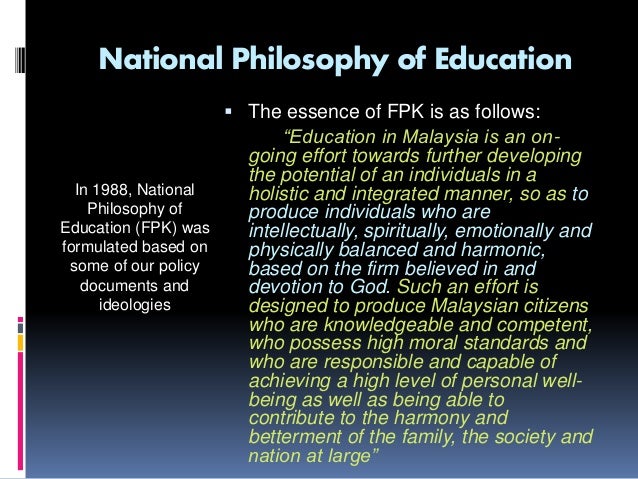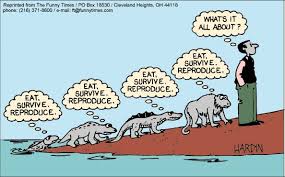 This web site is a collaboration between the UM Department of Philosophy and the the university’s Ethics Packages, and is meant to offer assets for those interested in the aims and strategies of education and highlight UM’s dedication to excellence in the subject. Some such normative principle of education is implied in every instance of educational endeavor, for no matter education is purposely engaged in, it explicitly or implicitly assumed that sure dispositions are fascinating and that certain strategies are to be used in acquiring or fostering them, and any view on such issues is a normative idea of philosophy of education.
This web site is a collaboration between the UM Department of Philosophy and the the university’s Ethics Packages, and is meant to offer assets for those interested in the aims and strategies of education and highlight UM’s dedication to excellence in the subject. Some such normative principle of education is implied in every instance of educational endeavor, for no matter education is purposely engaged in, it explicitly or implicitly assumed that sure dispositions are fascinating and that certain strategies are to be used in acquiring or fostering them, and any view on such issues is a normative idea of philosophy of education.
The central thesis is that education should be founded on fact and actuality, and specifically how this relates to the interconnection of Thoughts (cultural data and truth), Matter (biological data and the way our our bodies are interconnected with different matter around us) and House (our environment, society).

This kind of system-building across epistemological, ethical, and social/political issues is what the good philosophers do, and it’s revealing that for them philosophy of education was hardly ever seen as a distinct area of inquiry but merely the understanding in practice of implications for instructing and studying that had been derived from their larger positions about truth, worth, justice, and so on.
There’s nothing to be happy with until and till you are tasting the real essence of education and that can only be occurred doable in the event you get the fundamental idea proper, do some efforts aside out of your trainer, do not go with the traditional method or the norms or the customs, if they’re fallacious.
In his textbook Building a Philosophy of Education he has two main ideas which might be the main points to his philosophical outlook: The primary is fact and the second is universal buildings to be present in humanity’s wrestle for education and the great life.






